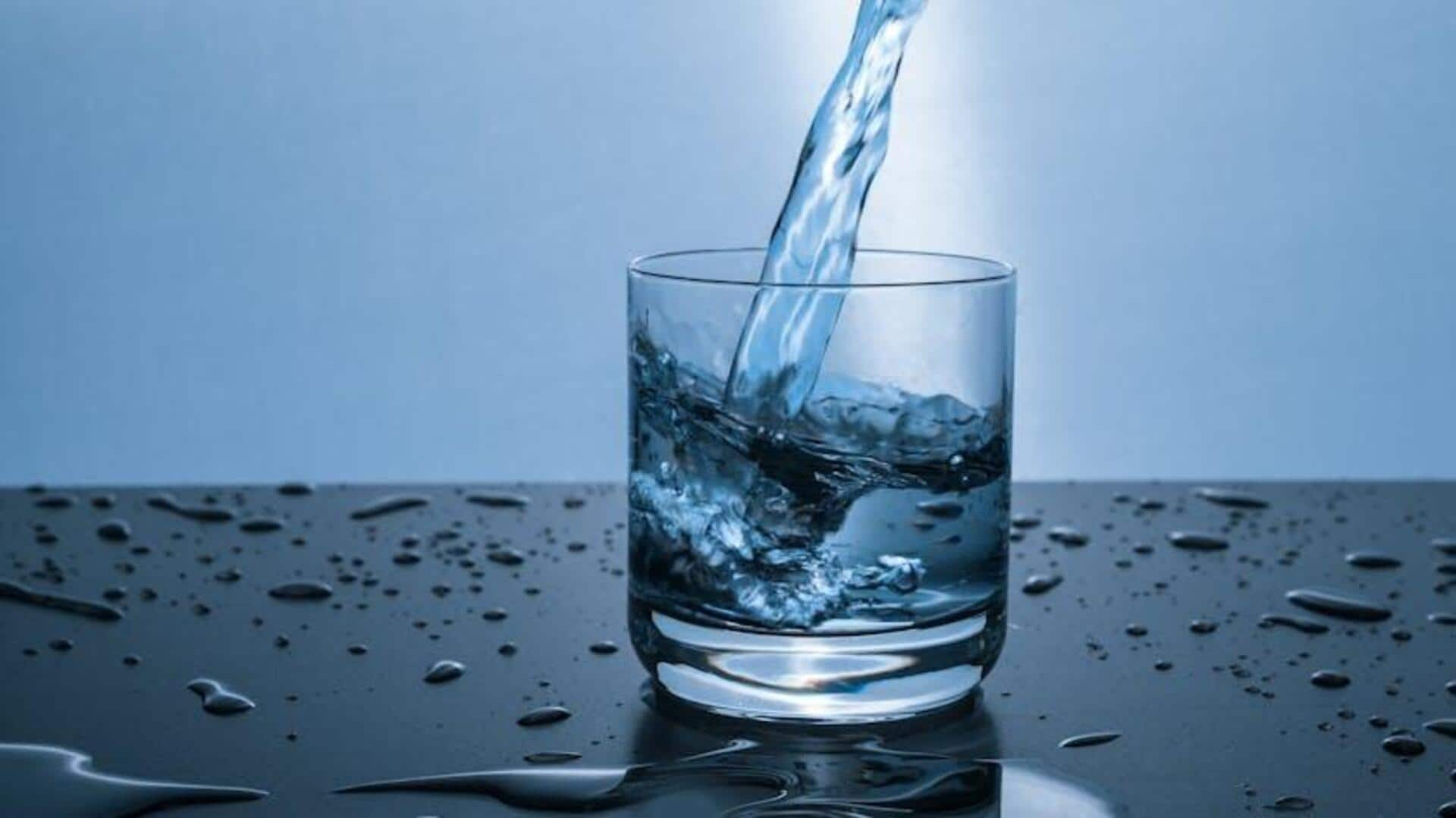
Can drinking too much water harm your health?
What's the story
Overhydration, or drinking too much water, is often overlooked when we talk about hydration. While staying hydrated is important, overdoing it can lead to health problems. This article looks at the myths surrounding overhydration and gives you the facts to help you understand how much water you really need. Knowing this difference can help you make better choices about your daily fluid intake.
#1
Understanding overhydration
Overhydration occurs when the body absorbs more water than it can eliminate. This can lower the sodium levels in blood, leading to a condition called hyponatremia. Symptoms may include nausea, headache, confusion, and, in severe cases, seizures. It's important to know that while dehydration can be dangerous, so can drinking too much water.
#2
Daily water intake recommendations
The common recommendation is to drink eight glasses of water a day. However, actual needs differ based on age, activity level, and climate. The National Academies of Sciences suggests about three liters for men and 2.2 liters for women daily from all beverages and foods. Listening to your body's thirst signals is more important than sticking to a fixed number.
#3
Recognizing symptoms of overhydration
Recognizing signs of overhydration is critical to avoid complications. Common symptoms include bloating, swelling in hands or feet, and frequent urination. In extreme cases, one may experience confusion or muscle cramps due to electrolyte imbalance. If you notice these signs after increasing water intake significantly, it may be time to cut back.
#4
Balancing hydration with electrolytes
When you sweat a lot or work out, you lose electrolytes like sodium and potassium. Just drinking plain water without replacing these electrolytes can cause an imbalance in your body. To keep your hydration in check, it's important to balance your fluid intake with electrolytes. This way, you can avoid both dehydration and overhydration problems, keeping your body functioning well.